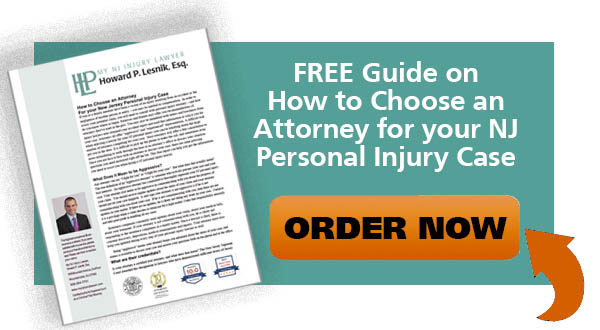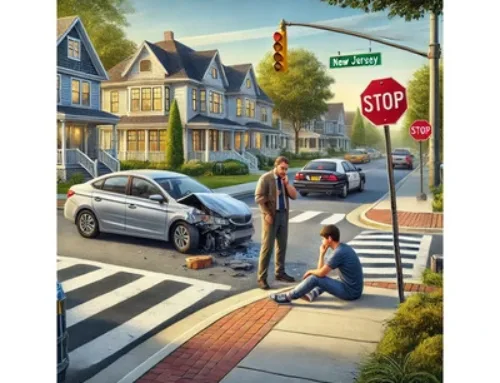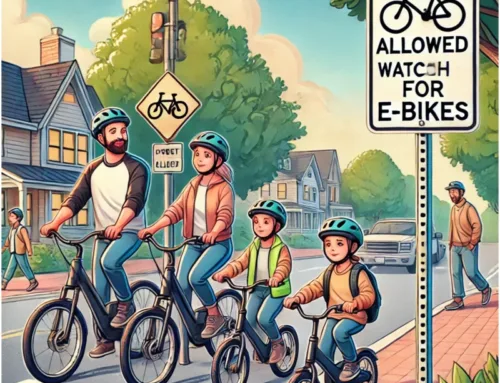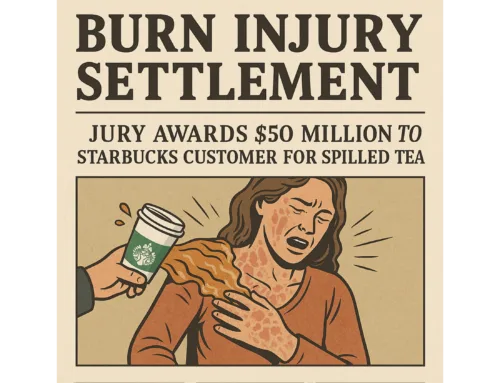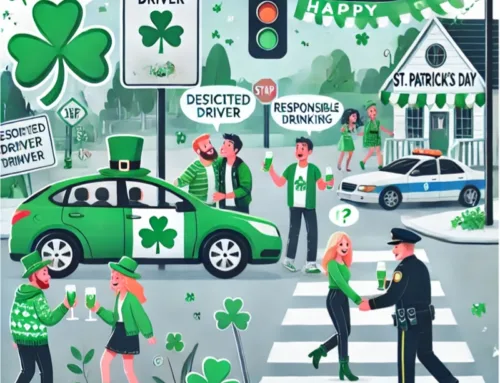The automobile industry has made vehicles safer to drive and ride in than in earlier years. This fact does not mean there are fewer accidents, or that you cannot be seriously injured when involved in a car accident. Automobile accidents resulted in more than two million injuries last year.

These accidents do not always happen to someone else; it can happen to you. An average driver will be involved in more than three car accidents during their lifetime. In the state of New Jersey, roadways average more than 50,000 car accidents each year.
This means you or someone you know will likely be involved in a car accident in New Jersey. What should you do after a NJ car accident? Car accidents are not just inconvenient. They force you to make quick decisions to make regarding law enforcement, car repairs, your insurance company, and whether medical attention is necessary. If you have been injured, you will want to make sure you are fairly compensated. These are steps you should follow if involved in a car accident in New Jersey.
-
Check for Injuries and Call 911
If you are involved in a car accident in the state of New Jersey, you need to stop immediately. It is a law in New Jersey that you remain at the scene and check if anyone or yourself has suffered any injuries. You also need to call 911 if there are any injuries and report to the dispatcher what has happened. The dispatcher will have questions for you to answer as calmly as possible. You will need to tell them:
- Where the accident occurred so emergency vehicles can respond to the right location
- If there are any injuries, or if anyone is complaining something hurts or any other medical issues, you need to explain them to the dispatcher
- If there are any hazards that the response team needs to be aware of, such as downed lines, give this information to the dispatcher, so the team does not injure themselves while responding.
- Make sure your provide all information to officers and EMTs so the accident report and first-responder reports are accurate.
-
Think Clearly and Act Quickly
Evidence from the scene may be necessary should a claim be filed against you for the accident. If the accident results in property damage or personal injury claim, you may need evidence from the scene to prove your case. If you have suffered injuries or property damage, the insurance companies will want proof for your claim against the at-fault driver.
You will also need to collect from those involved in the accident:
- Their full names
- Their address
- Phone numbers
- Email addresses
- Driver’s license numbers
- Their date of birth
There is also vehicle information you should make a note of:
- The year, model, and make
- License plate number
- VIN (vehicle identification number)
- Registration expiration date
If you are physically able to describe the scene where the accident happened, it could be to your advantage should a claim for damages or injuries result from the crash. Some of the information you should note include:
- The location of vehicles before and after the crash happened
- What the weather conditions were at the time of the accident
- What time of day was it when the accident happened
- How fast were the cars involved moving at the time of the crash
- What was the direction each vehicle was heading
Most importantly: Photographs or a video of where the accident happened will also serve as excellent proof for your case. Statements from witnesses are also conducive in any case that has to prove fault or seek compensation for injuries and damages.
Each accident is unique, and the injuries vary according to how the impact occurred. Some of the typical personal injury claims from car accidents include compensation for:
- Diagnostic testing
- Prescription and OTC medications
- Nursing expenses
- Lost wages
- Dental, medical and therapy expenses
- Out of pocket expenses involved with parking and travel costs
- Wheelchairs, crutches, slings
- Pain and suffering
-
New Jersey Police Reports
Police in the state of New Jersey are highly trained in accident scene investigations. These may include local police, state troopers, or county sheriffs. When they arrive at the scene, they will first check for any injuries and assist anyone in need. Officers will also secure the scene and then look for what may have caused the accident. Interviews will be conducted with witnesses and victims if possible, and run background checks on those involved. If warranted, the officers will also issue traffic citations or arrest anyone with outstanding warrants or are intoxicated.
These are the first three steps to take when involved in a NJ car accident. Other steps you should take include:
- Report the accident to your insurance company
- Retain an attorney if you have suffered extensive property damage or have been seriously injured
- If seriously injured or have had extensive property damage, you may want to consult with your attorney about filing in small claims court or a personal injury claim
- Remember, there is a statute of limitations in New Jersey for auto accident claims. If you are filing for compensation, it must be done within two years
- NEVER speak to the other driver’s insurance company about the accident or your injuries
These steps will help you build a strong insurance claim. Securing the right information, contacting the correct agencies right away, and seeking legal counsel will ensure you are compensated fairly for any damages or injuries if you are involved in a NJ car accident.
Contact MyNJInjuryLawyer
If you or a loved one suffered an injury in a NJ car accident, you should contact an attorney familiar with handling these claims. My NJ Injury Lawyer Howard P. Lesnik, Esq. offers free strategy sessions to address any issue or questions you may have about your injury, medical bills or your car accident claim.
Please contact NJ Injury Lawyer Howard Lesnik, Esq., immediately if you were involved in a car accident and were injured or suffered damages. I personally handle NJ personal injury cases on a regular basis. Please contact me now by email, by phoning 908.264.7701, or by completing the form to the right to schedule your complimentary 30-minute strategy session.


